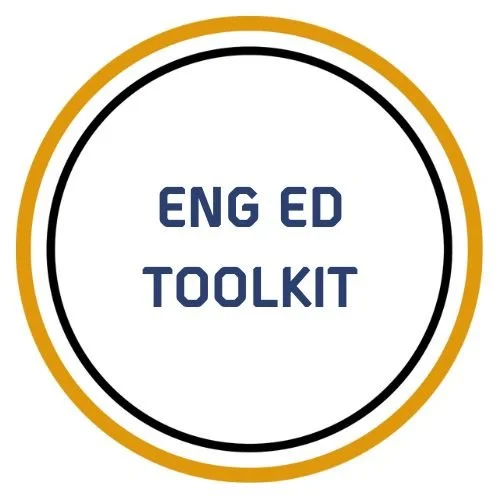
Motion in the Ocean 11-14
With only 5% of the ocean having been explored due to its extreme conditions, this UNESCO-accredited challenge, invites learners to explore how engineers use robotics to study and work within our oceans.
The United Nations Decade of Ocean Science for Sustainable Development 2021-2030 is a 10-year framework initiative to identify, generate and use critical ocean knowledge to manage the ocean sustainably.
In these sessions, learners engage in the Engineering Design Cycle to create mechanical systems. They closely examine nature to incorporate biomimicry into their animatronic designs.
Ethical Explorers - should we leave it or learn from it?
Learners are introduced to deep sea exploration and consider why oceans are so difficult, dangerous and dear to explore. They debate the ethics of ocean exploration, and investigate new and emerging technologies.
Underwater robots, inspired by nature
Learners investigate how robotic engineers draw inspiration from nature, generating multiple ideas and annotated sketches before producing a detailed design specification. Their concepts outline the mechanisms and components of an underwater robot capable of operating within the dangerous, difficult, and fragile marine ecosystem.
UNESCO - accredited
Marine Makeathon
Learners make a prototype animatronic robot inspired by a sea creature. They use mechanical systems to mimic the natural movements enabling the robot to navigate the ocean floor, climb rocky terrains, and perform precise, delicate tasks.
The Sustainable Development Goals (SDGs) adopted by all United Nations Member States in 2015, provide a shared blueprint for peace and prosperity for people and the planet, now and into the future. These sessions support Goal 14 which aims to conserve and sustainably use the oceans, seas and marine resources for sustainable development.














